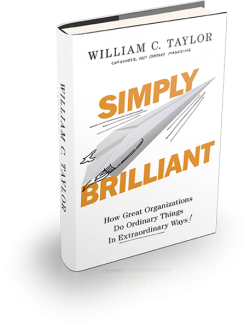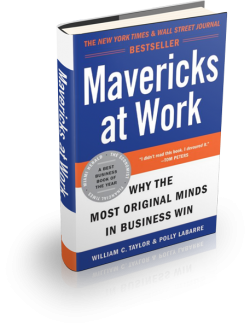There’s something about the culture of business that tends toward excess—in financial markets, to be sure, but also in the “market” for new ideas and management techniques. The logic is always the same, whether the idea in question is reengineering, six-sigma quality, or lean production systems: A genuinely original strategy is born in one company or industry, consultants discover the practice and turn it into a marketable commodity, executives in all sorts of other companies race to “buy” the product—and then wonder why the technique didn’t work nearly as well in their organization as it did in the place that created it in the first place.
I fear that very dynamic is unfolding today with respect to a piece of language and a leadership aspiration that has become the Holy Grail for business thinkers like me.
That piece of language, that aspiration, is innovation.
Indeed, a recent article in the Wall Street Journal, which did not get nearly the attention it deserved, basically made the case that the word “innovation” has outlived its usefulness. “Companies are touting chief innovation officers, innovation teams, innovations strategies and even innovation days,” the hard-hitting piece noted. “But that doesn’t mean the companies are actually doing any innovating. Instead they are using the word to convey monumental change when the progress they’re describing is quite ordinary.”
Ouch, that’s gonna leave a mark! But I have to admit, as someone who spends a huge amount of time thinking, writing, and lecturing about new ways to build and lead organizations, the Journal’s no-nonsense pushback deserves serious consideration. Maybe it’s time we all stopped “innovating” and set our sights on something more meaningful.
Over at HBR, I make just that case–and issue a plea spend less time with buzzwords and more time on creative breakthroughs. You can read the essay here.


